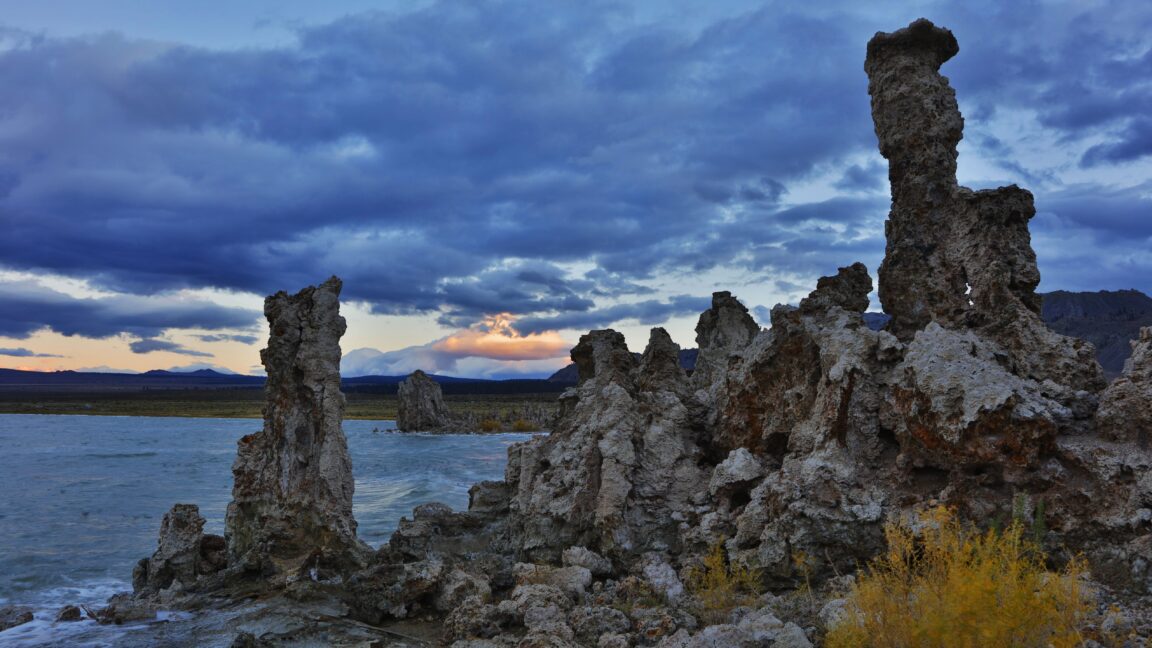T4K3.news
Arsenic life study retracted by major journal
The controversial 2010 research claiming arsenic-based life has been officially retracted.

The retraction of a controversial 2010 study continues to stir discussion among scientists.
Retracted arsenic life study reignites scientific debate
A study published in 2010 claimed to have discovered a bacterium that could use arsenic instead of phosphorus for survival. The research, led by Felisa Wolfe-Simon and touted by NASA, suggested groundbreaking implications for life beyond Earth. However, the scientific community quickly raised concerns about the study's methodology, leading to significant criticism. After years of debate, the paper has now been retracted, still leaving some authors defending their original conclusions. Critics highlighted the failure to conduct critical experiments, methodological flaws, and contamination issues that undermined the validity of the claims.
Key Takeaways
"I fault the authors for not noticing these things and sorting them out."
Rosemary Redfield critiques the study's lack of critical validation.
"We've cracked open the door to what's possible for life elsewhere in the universe."
Felisa Wolfe-Simon reflects on the implications of the initial findings.
The retraction of the arsenic life study serves as a stark reminder of the importance of rigorous scientific validation. Though initially met with excitement, the backlash from the scientific community underscores the responsibility of researchers to ensure transparent and reproducible findings. As discussions around extraterrestrial life intensify, this incident reaffirms that extraordinary claims necessitate extraordinary evidence, a principle foundational to scientific inquiry.
Highlights
- Groundbreaking claims require irrefutable evidence.
- Scientific progress thrives on rigorous scrutiny.
- Extraordinary claims demand extraordinary proof.
- The retraction underscores the need for transparency.
Scientific integrity questioned
The retraction of a widely discussed study raises concerns about scientific methodology and credibility.
The abrupt retraction may influence future studies in astrobiology.
Enjoyed this? Let your friends know!
Related News

Science journal retracts reported arsenic-eating bacteria study
NASA-funded study retracted by Science journal

Science Magazine Retraction Sparks Controversy

New findings reveal risks of Yellowstone supervolcano eruption

Young Americans face higher rectal cancer risk

New research highlights strength training for longevity

UK study shows immunotherapy improves survival in penile cancer

Psilocybin shows promise as an anti-aging treatment
